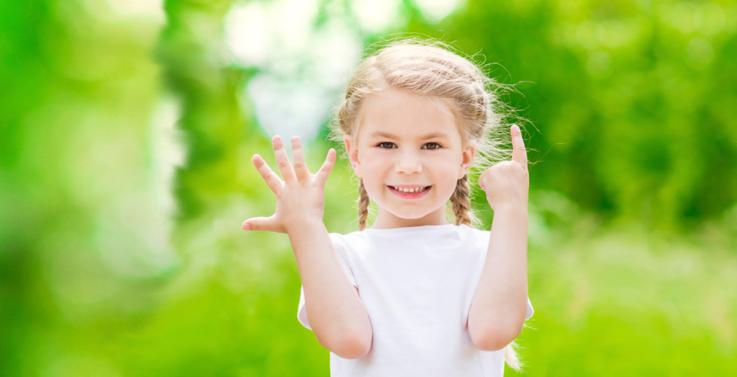
Education experts believe we're never too young to start learning maths in our everyday lives.
In her new book Early Mathematical Explorations, Victoria University's Professor Nicola Yelland argues that we need to be teaching our children maths from birth.
Professor Yelland said kids were introduced to mathematical concepts by accompanying adults on shopping trips, counting toys and playing shopkeeper to sell mud pies in the playground, but that many more opportunities for teaching maths in everyday life were being overlooked.
"Most everyday experiences can provide valuable opportunities for exploring mathematical ideas. For example, children learn about numbers when an adult counts the stairs they climb or about space when they are asked to help look for a grocery item in the supermarket," Professor Yelland said.
"If your child is helping you cook, let them count the egg yolks or weigh the flour for you."
Research shows that experiencing a variety of these scenarios in the early years enables the big ideas of maths to be understood, which then helps the child to become numerate in their lives, she said.
"From the very earliest age a child's mathematical understandings are enhanced when they observe and explore an object; think about and test an idea; and communicates findings or asks questions," she said.
"This is what makes it so important for us as teachers, parents or caregivers to give our kids a rich introduction to maths, without scaring them off. The problem is many adults lack the confidence and enthusiasm about mathematics to provide this."
Her book Early Mathematical Explorations provides background on mathematics and processes, then suggests ways to encourage mathematical explorations for children from birth to eight years old.
Throughout the book, there are specific examples of ways in which adults can support young children’s mathematical understandings and develop the necessary concepts, processes and attitudes for problem solving. It is available now through Cambridge University Press in Port Melbourne.
Professor Yelland discussed the book in an interview on Radio National Life Matters.
